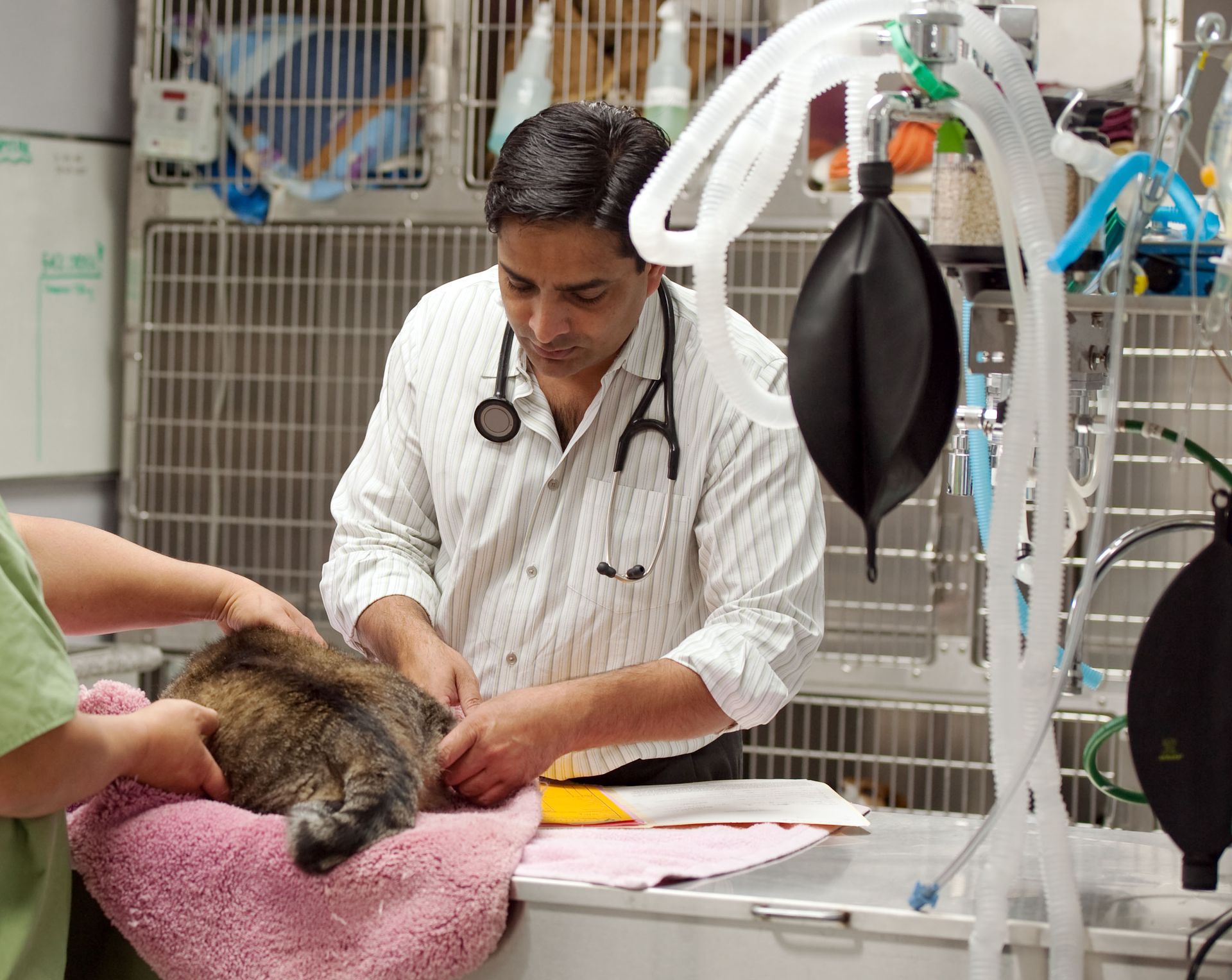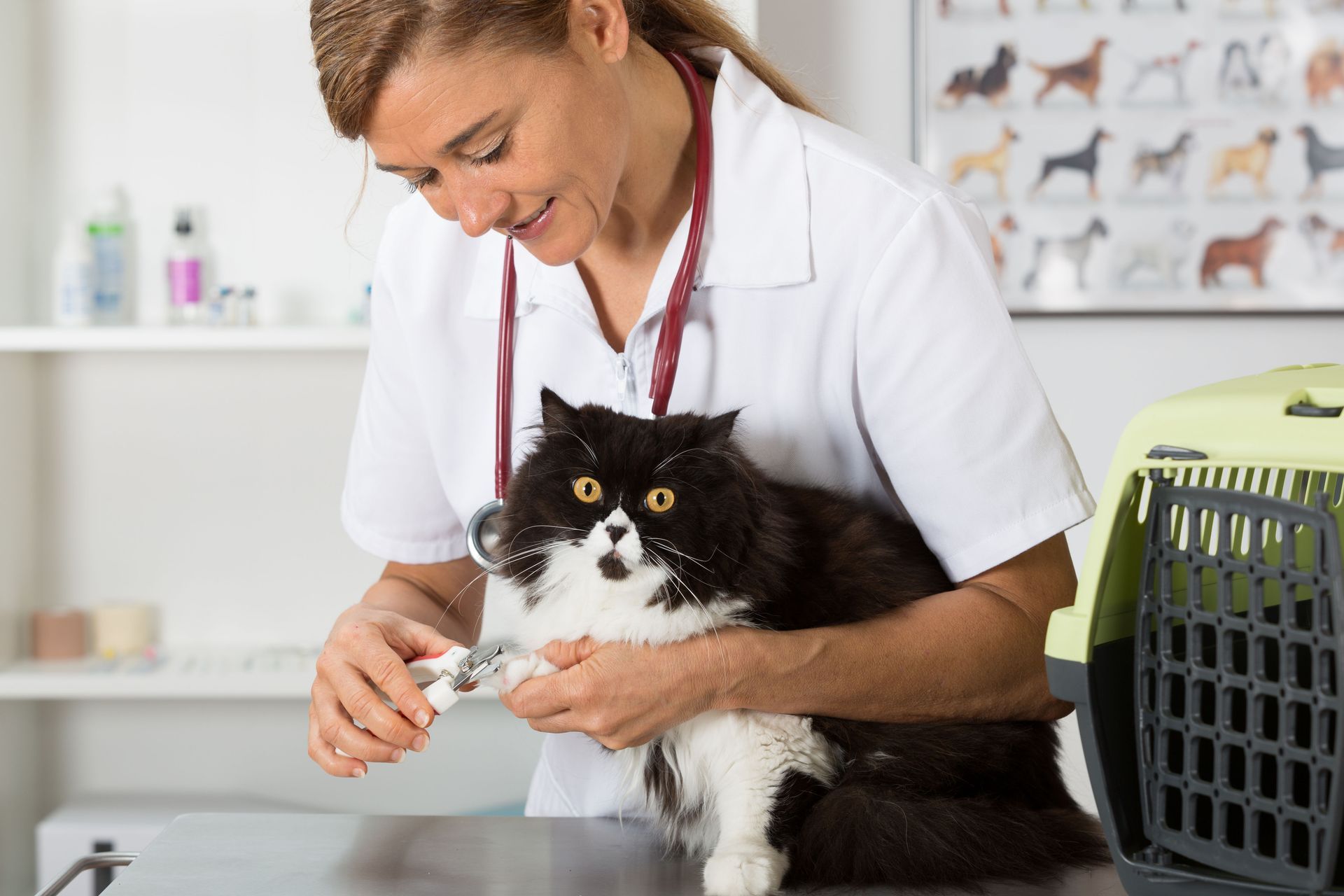Recent Blog Posts








Veterinary Relief Staffing
Serving Colorado, Massachusetts, New Mexico, and More
Insurance Coverage Guarantee
Certified Staffing Professionals
No Deposits Required
Request Call Back
Hero Request Form
Thank you for contacting us.
We will get back to you as soon as possible.
Please try again later.
PROFESSIONAL SERVICES C
HERO / ROW SHAPES
Revolutionizing Veterinarian Staffing Solutions
Veterinary System Services Inc is transforming the landscape of veterinary staffing across Colorado, Massachusetts, New Mexico, and beyond. We recognize that veterinary facilities—from local clinics to larger hospitals—need reliable, skilled professionals who can step in and provide the highest standard of patient care. To meet that need, we’ve built a comprehensive staffing solution that adapts to the unique challenges faced by veterinary institutions today. Our mission is to remove the stress from hiring by making the process seamless, responsive, and supportive, ensuring every placement contributes positively to the practice and the animals it serves.
Our approach is simple yet proven. We connect veterinary facilities with qualified medical professionals who not only excel in their technical abilities but also align with the culture of your team, creating a strong fit every time. What sets us apart is the way we do business: we never require deposits, and we don’t lock clients into long-term contracts. As a licensed and insured staffing agency, we give practices peace of mind with our insurance coverage guarantee. By focusing on flexibility, accountability, and trust, we’ve built a model that has made us a go-to contract staffing agency in Albuquerque, NM and beyond, helping veterinary offices operate smoothly while maintaining the quality of care that pets and their families deserve.
Why Choose Veterinary System Services Inc
No Deposits Required
Free Veterinary Staffing Consultations
Work With a Personalized Account Manager
Insurance Coverage Guarantee
Certified Staffing Professionals

Veterinary Relief Staffing
We take pride in offering an extensive network of veterinary professionals, from skilled technicians to dedicated support staff. Every clinic or hospital has unique needs, and the right team can make all the difference in providing consistent, high-quality care. That’s why we carefully vet our professionals to ensure they bring not only technical expertise but also the compassion and adaptability required in animal health. By taking the time to align experience with culture, we help facilities create smooth workflows and improve outcomes for both patients and staff.
Veterinary Support Services
Beyond staffing, we know that veterinary practices rely heavily on dependable behind-the-scenes support. To meet those needs, we provide services like inventory consulting and medical-grade laundry, two areas that can easily take up valuable staff time if not handled properly. With tailored solutions in place, facilities can maintain efficiency and uphold the highest standards of cleanliness and organization. This balance allows veterinary teams to concentrate on their most important responsibility—delivering compassionate care to the animals and families who depend on them every day.
Employment Database
Finding your next role in veterinary medicine should feel simple, not overwhelming. Our streamlined employment database is designed with busy professionals in mind, making it easy to highlight qualifications, interests, and career goals. By removing unnecessary steps and redundant questions, we’ve created an application process that saves time while keeping the focus on what really matters. Whether you’re looking for long-term placement or short-term relief work, our system makes it easier to find opportunities that fit your skills and schedule.

Expanding Veterinary Staffing Across Multiple States
Veterinary System Services Inc isn’t limited to one region—we proudly serve practices in Colorado, Massachusetts, New Mexico, and other areas across the country. Our team understands that staffing challenges vary from state to state, so we tailor our approach to fit the realities of each local market. In fast-paced metropolitan animal hospitals, we can provide extra technicians during seasonal spikes, while in smaller rural clinics, we often arrange relief coverage so doctors can take much-needed time off.
This flexibility is why practices from different states continue to trust us. While we are known as a contract staffing agency Albuquerque, NM facilities depend on, our work extends well beyond one city. We combine national resources with a personalized touch, giving each practice the confidence that the support they need is always available, wherever they may be located.
How Our Staffing Model Benefits Clinics and Professionals
Our staffing system is built to support both veterinary practices and the professionals who work in them. For clinics, we remove the administrative burden of recruiting, screening, and onboarding by handling those steps for you. This frees up time for managers and doctors to focus on the daily demands of patient care. For professionals, we simplify the process of finding meaningful work opportunities that match skills and career goals. By balancing the needs of both sides, we foster stronger, longer-lasting placements.
Think of it as a bridge—we connect qualified, compassionate professionals with the facilities that need them most. And because we operate as a contract staffing agency Albuquerque, NM practices can rely on, we’ve created systems that are flexible enough for short-term relief yet robust enough for long-term staffing.
Our Commitment to Quality and Trust
Trust is at the heart of everything we do. Veterinary facilities trust us to send them individuals who are competent, reliable, and insured. Professionals trust us to respect their time and provide fair opportunities. That mutual trust builds strong relationships that last well beyond a single placement.
By consistently delivering on our promises, we’ve earned recognition across multiple states as a dependable staffing partner. In places like New Mexico, Massachusetts, and Colorado, our team has proven that whether you’re running a single-clinic practice or a multi-location hospital, the right staffing partner makes all the difference. As a contract staffing agency Albuquerque, NM veterinary professionals recommend, we’ve built a network that brings stability to practices while advancing careers.
When to Turn to Veterinary System Services Inc
- Covering for vacations or extended absences
- Handling seasonal appointment surges
- Filling unexpected vacancies quickly
- Supplementing staff during training or expansion
- Reducing burnout by balancing workloads
Whether you’re in Massachusetts, Colorado, or New Mexico, having access to a contract staffing agency Albuquerque, NM and beyond rely on provides the reassurance that support is always within reach—without the financial risks tied to traditional hiring models.
Serving Veterinary Professionals, Too
It’s not only facilities that benefit from our services. Veterinary professionals themselves turn to us for opportunities that fit their lifestyle and career goals. Relief work, in particular, offers flexibility for those who want to gain experience across different clinics, specialties, or geographic areas. For many, this creates a career path that’s less rigid and more rewarding.
Because we’ve established ourselves as a contract staffing agency Albuquerque, NM and other regions can count on, our network continues to grow with individuals who value balance, variety, and meaningful work. This steady flow of talent ensures that clinics always have access to dependable support.
Looking Ahead in Veterinary Staffing
The veterinary field continues to evolve, and staffing models must evolve with it. Technology, changing client expectations, and workforce shortages all influence how clinics staff and operate. At Veterinary System Services Inc, we remain committed to staying ahead of these shifts so that our clients always feel prepared, supported, and resilient.
As a forward-thinking contract staffing agency Albuquerque, NM practices and professionals count on, we see our role not just as filling jobs but as strengthening the entire veterinary ecosystem. By supporting both facilities and professionals in states across the country, we create healthier workplaces, more efficient operations, and better outcomes for the animals who depend on all of us.
Recent Blog Posts








Here's what our satisfied clients are saying...
At Veterinary System Services Inc, we take pride in providing exceptional veterinary relief staffing services to our clients. We would be grateful if you could share your thoughts about our business with others. Your feedback helps us improve and helps others make informed decisions. Please take a moment to leave a review of Veterinary System Services Inc and let others know what you think.



